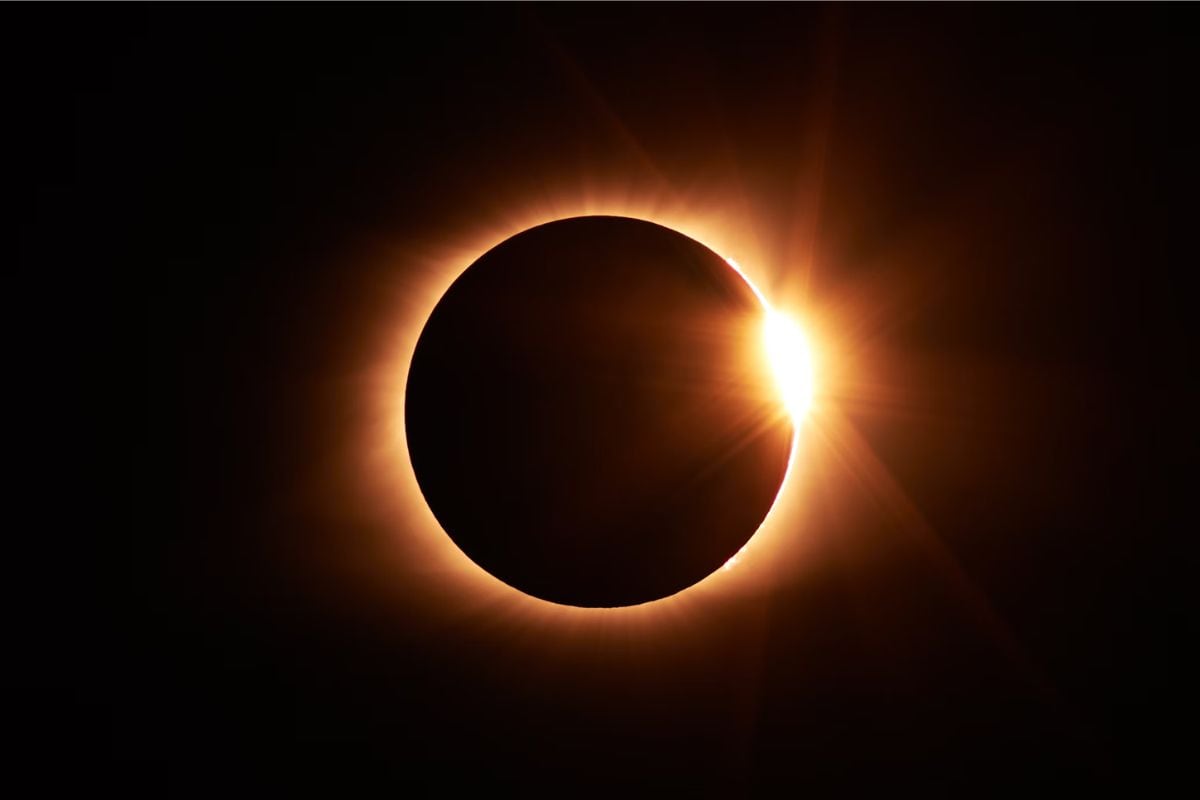A popular YouTuber Marcus Brownlee (MKBHD) asked a common but very important question, the answer to which many people around the world wanted to know for many years, but no concrete answer was found till now. YouTuber on To which NASA itself replied. MKBHD wrote in its post, “For the life of me, I could not find a definite answer as to whether pointing a smartphone at a solar eclipse will damage the sensor or not?”
I cannot for the life of me find a definitive answer to whether or not pointing a smartphone at the solar eclipse will fry the sensor
Tempted to just take a phone I don’t need and point it at the sun for 5 minutes to find out the real answer myself. In the name of science
— Marques Brownlee (@MKBHD) April 4, 2024
It is possible that he might have expected to get the answer from some experts, but here he got the answer not from anyone else but directly from the American space agency NASA. NASA says that there is a strong possibility that placing the camera directly towards the Sun may have a bad effect on its sensor. To find out the answer, NASA turned to the team of its NASA HQ Photo Department.
The agency replied on its official handle, writing, “We asked our @NASAHQPhoto team and the answer is yes, the phone sensor can be damaged just like any other photo sensor if it is pointed directly at the sun. It This is especially true if you’re using any type of magnifying lens attachment on the phone. You’ll need to use the appropriate filters just like any other camera.” He further wrote, “The best practice would be to hold a pair of eclipse glasses in front of your phone’s lens any time you photograph the Sun.”
We asked our @NASAHQPhoto team, and the answer is yes, the phone sensor could be damaged just like any other image sensor if it’s pointed directly at the Sun. This is especially true if you’re using any sort of magnifying lens attachment on the phone. You would need to utilize…
— NASA (@NASA) April 4, 2024
From this tweet by NASA, it becomes quite clear that looking at the Sun with naked eyes during the eclipse is not only dangerous for the eyes, but also if you point your smartphone’s camera directly towards it, your phone will be damaged. There will also be a high possibility of the camera sensor getting damaged. In such a situation, eclipse glasses used for eyes should also be used for camera sensor.
People in India and other countries, except North America, cannot physically see the total solar eclipse that occurs today. However, these people can watch it online. NASA will start its live stream on April 8 at 5:00 pm GMT (10:30 pm IST) and continue till 8:00 pm GMT (1:30 pm IST). You can watch the stream here.
Skywatching website timeanddate.com will start the broadcast on April 8 at 4:30 pm GMT (10:00 pm IST) on its YouTube channel. channel But it will also do live stream of the total solar eclipse. The stream will also provide real-time updates and background information.
